De Quervain’s Tenosynovitis
Personalised care and treatment for De Quervain’s Tenosynovitis by Dr Muntasir Mannan Choudhury at Alpha Joints & Orthopaedics.
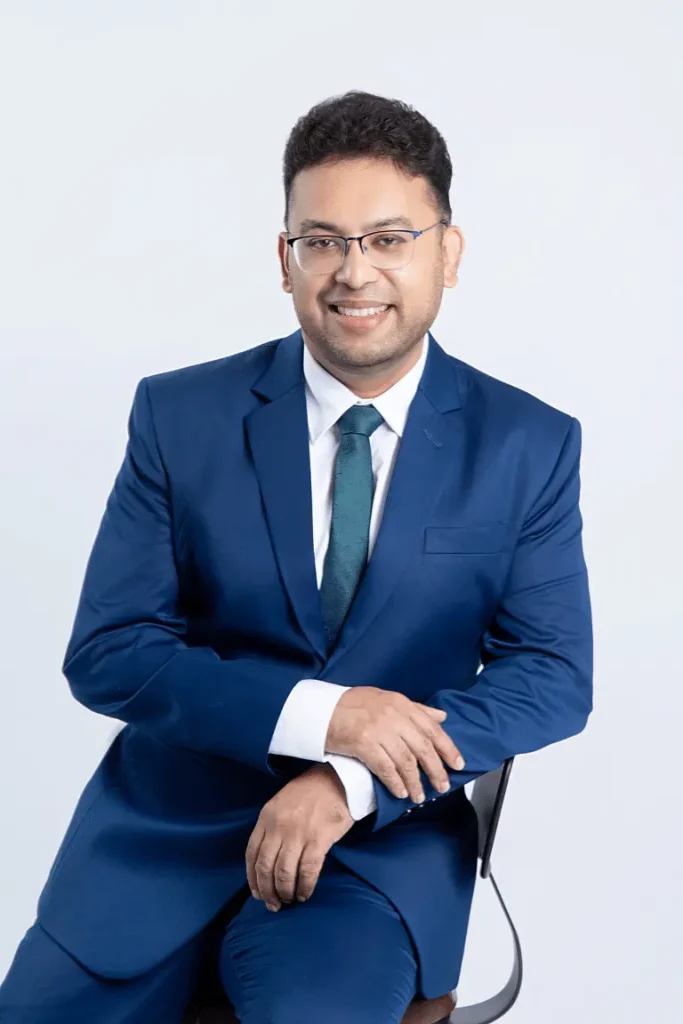
Meet Our Experienced Hand Surgeon
Dr Muntasir Mannan Choudhury is a hand surgeon specialising in wrist pain and treatment. He is one of the foremost surgeons specialising in wrist arthroscopy in Singapore with multiple research papers and surgical innovations to his name. His dedication to patient care and extensive experience enables him to provide effective and lasting relief from various hand and wrist conditions.
Dr Choudhury was the former Consultant and Service Lead of Hand, Wrist, and Microsurgery Services at Sengkang General Hospital. In this role, he played a pivotal part in establishing and enhancing the hospital’s hand and wrist surgical services. His special interests include minimally invasive surgery for conditions such as arthroscopic management of wrist ligaments, bone injuries, arthritis, ganglions, and hand and wrist trauma.
Dr Choudhury’s academic background includes completing his International Baccalaureate at the prestigious United World College of the Atlantic in South Wales, UK, and graduating from the All India Institute of Medical Sciences in New Delhi, India, in 2004. He earned his MRCS from the Royal College of Surgeons of Glasgow in 2010, completed advanced specialist training in Hand Surgery at Singapore General Hospital (SGH), and became a Fellow of the Academy of Medicine in Singapore in 2016. In 2020, he pursued a fellowship in Minimally Invasive Hand and Wrist Surgery under the renowned Dr Jeff Ecker at the Jeff Ecker Clinic in Perth, Australia. He has conducted one of the highest numbers of successful wrist arthroscopies in the restructured hospitals, introducing several arthroscopy techniques and innovations in Singapore. An active researcher, he has numerous publications and has pioneered several arthroscopic techniques for wrist surgery, holding one of the highest numbers of scientific papers in wrist arthroscopy in Singapore.
Dr Choudhury’s commitment to patient care has earned him multiple accolades, including SingHealth Service Awards, Singapore Health Quality Service Awards, and the ‘You Sparkle’ Award. He is also recognised as a Covid Hero, mentioned by Minister Tan See Leng in parliament. Outside of his professional work, Dr Choudhury is the founder and a team leader of the Wandering Dervishes Initiative, which provides linguistic-based support and free consultations to migrant workers in their native languages. The initiative has provided health consultations and screening for over 1,500 migrant workers.
Understanding De Quervain's Tenosynovitis and the symptoms
De Quervain’s tenosynovitis also commonly known as Mummy’s wrist is a painful condition that affects the tendons on the thumb side of the wrist. Repetitive movements can cause these tendons to become compressed within a narrow tunnel, putting pressure on the tendons and resulting in severe pain, restriction of motion and loss of grip strength.
The primary symptoms of De Quervain’s tenosynovitis include pain, swelling, and tenderness on the bony point of the wrist just proximal to the base of the thumb. Individuals with this condition may struggle with gripping objects and completing everyday tasks, as the pain tends to intensify with thumb and wrist movements, particularly during grasping, pinching, twisting, and lifting motions.
The pain associated with De Quervain’s tenosynovitis can develop suddenly or gradually. It is typically felt:
- Along with movements of the thumb
- At the bony prominence on the wrist proximal to the base of the thumb
- Along the forearm
The discomfort may start as mild but can worsen over time, especially with repetitive thumb and wrist movements. Some individuals may experience difficulties with activities that involve pinching, lifting the thumb or turning the wrist (e.g., twisting a towel, turning a doorknob, cutting with scissors and stapling).
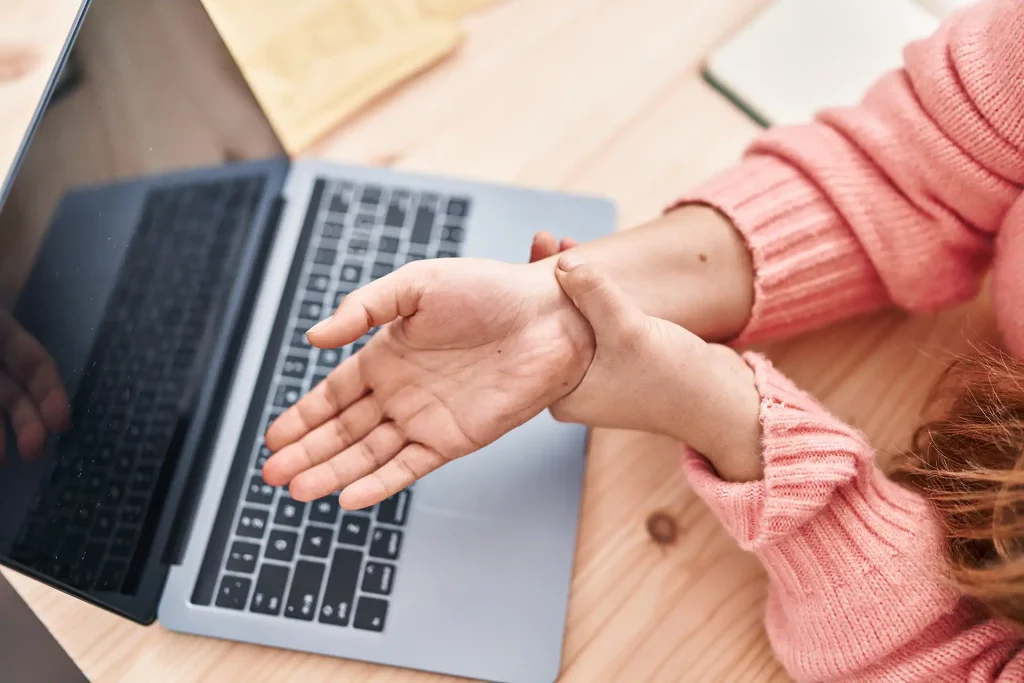
Diagnosis and Management of De Quervain's Tenosynovitis
De Quervain’s Tenosynovitis can be diagnosed with an ultrasound scan. But typically, clinical examination is the key in diagnosing the condition. Physical assessments by doctors include:
Finkelstein’s Test
Cross your thumb over your palm and bend your wrist toward your pinky finger. If the test is positive, it will cause pain near the base of the thumb along the wrist.
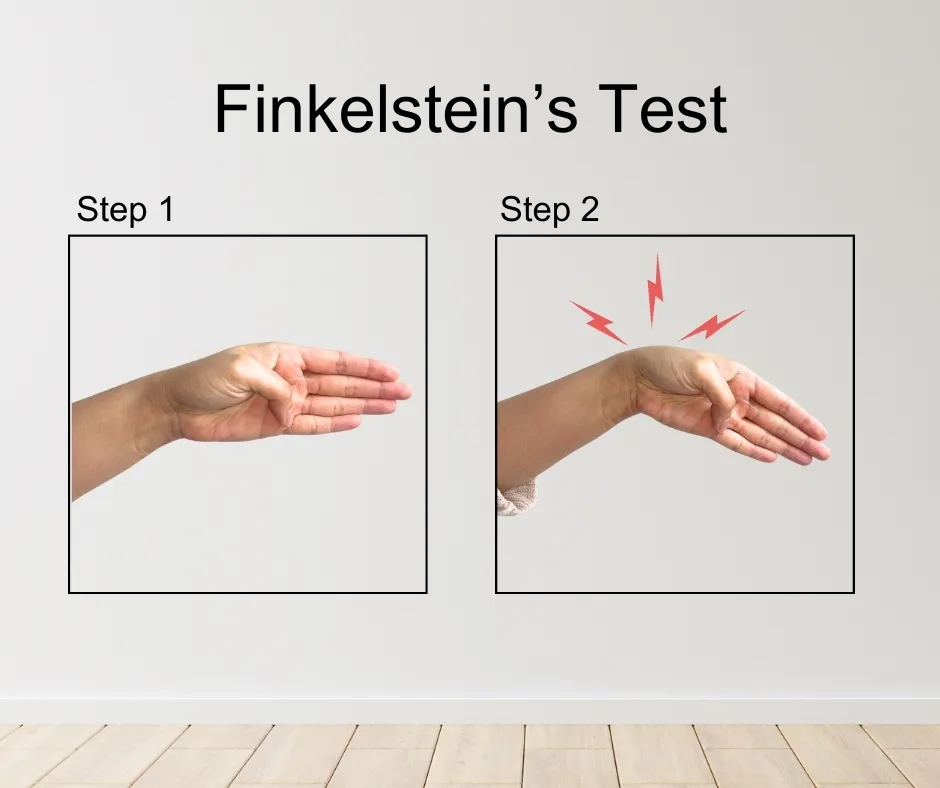
Eichhoff’s Test
Make a fist with the thumb inside the fingers, then bend your wrist toward your pinky finger. Pain along the radial side of the wrist indicates a positive test.
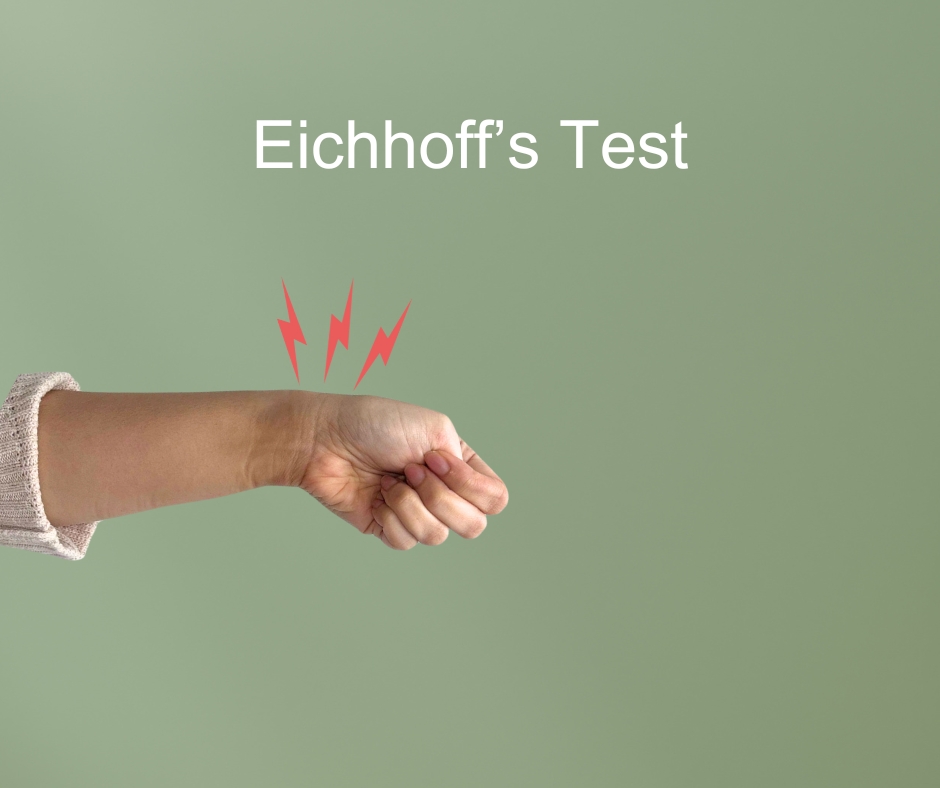
Hitchhiker's Test
Check if raising your thumb in a hitchhiking gesture causes pain.
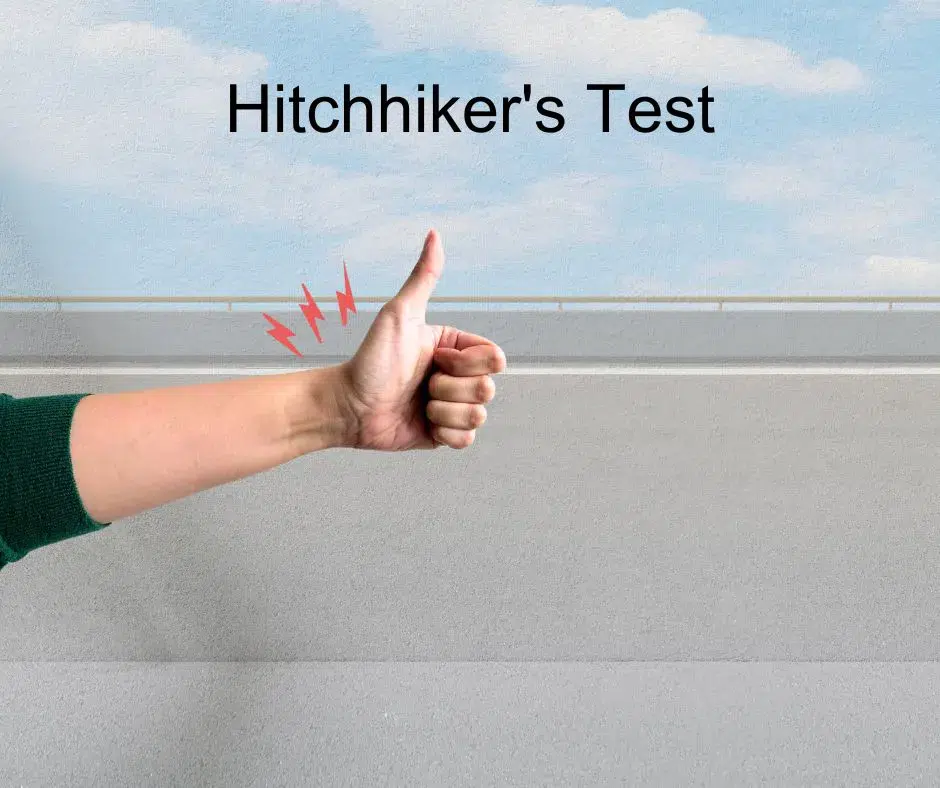
Treatment Options
Common treatments for De Quervain’s Tenosynovitis include:
- Splint or brace: Keeps the wrist and thumb immobilized to relieve pressure on the tendons.
- Ice therapy and rest: Reduces swelling and eases pain. Apply an ice pack wrapped in a thin towel for 20 minutes several times a day. Minimising the use of the affected wrist, especially avoiding activities or sports that involve repetitive motions.
- Physiotherapy: A physiotherapist can guide you on exercises to strengthen muscles and alleviate symptoms, while also teaching techniques to perform daily activities without causing more pain. Consistent performance of these exercises is essential for improvement.
- Medication: Anti-inflammatory pain relievers can help reduce both pain and swelling.
- Injections: A steroid injection can also be used to reduce and relieve symptoms
- Surgery: If symptoms are severe or other treatments don’t work, surgery may be necessary. The procedure involves opening the sheath around the tendons to relieve pressure and improve tendon movement.
De Quervain’s Tenosynovitis surgery is typically a day procedure, with a healing time of up to 12- 14 days. Most people experience quick, if not immediate, pain and stiffness relief. Light daily activities can usually be resumed right away, but heavy lifting should wait until you feel comfortable. This surgery generally prevents De Quervain’s Tenosynovitis from returning.
Learn more about De Quervain's Tenosynovitis (Mummy’s Wrist)
Why Choose Alpha Joints & Orthopaedics?
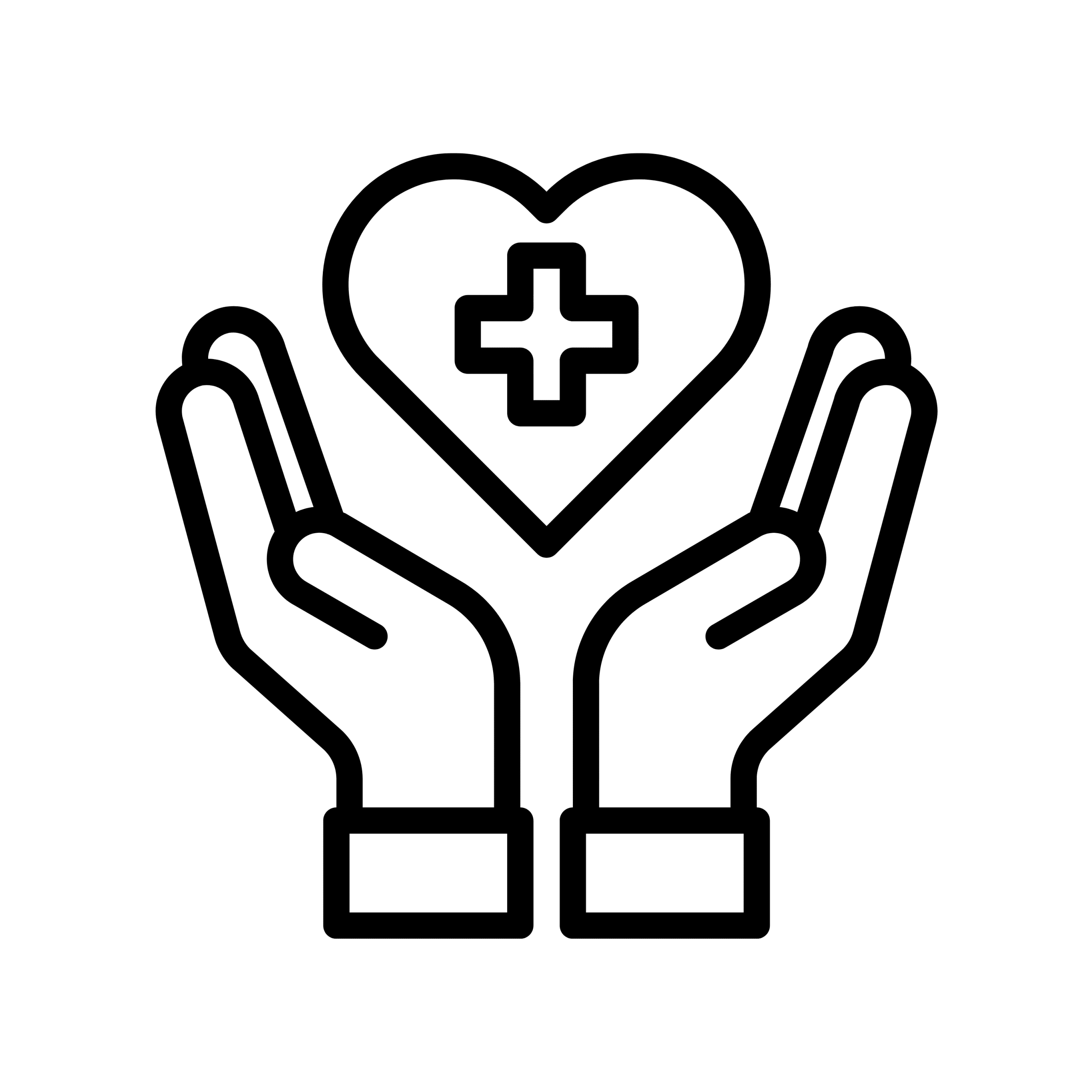
Personalised treatment for patients
of all ages

Commitment to exceed
patient expectation

Conveniently located in Farrer Park, Gleneagles, Novena and Orchard
Frequently Asked Questions
What are the risk factors?
The risk factors for De Quervain’s tenosynovitis include:
- Common in women over 40 years of age
- Mechanical stress from repetitive thumb movements
- Activities involving repetitive thumb
- Hormonal changes (pregnancy, menopause)
- Use of aromatase-inhibitor therapy
- Arthritis
Can De Quervain’s heal on its own?
Mild cases may improve with rest, splinting, and avoiding repetitive motions, but more severe cases may require medical treatment.
How can I prevent De Quervain’s?
Avoid repetitive thumb and wrist movements, practice proper ergonomics, take breaks during activities, and perform wrist-strengthening exercises.
Insurance Panel


Hospitals Accredited
Mount Elizabeth
Parkway East
Parkway Shenton
Mt Alvernia
Farrer Park Hospital
Day Surgery Centre Accredited
Discover Effective Solutions for De Quervain’s Tenosynovitis
Let us help you find relief from the pain and discomfort of De Quervain. Book an appointment with us today.
Send us your enquiry – Our responsive team prioritises fast replies and aim to schedule appointments within the same week whenever possible.

